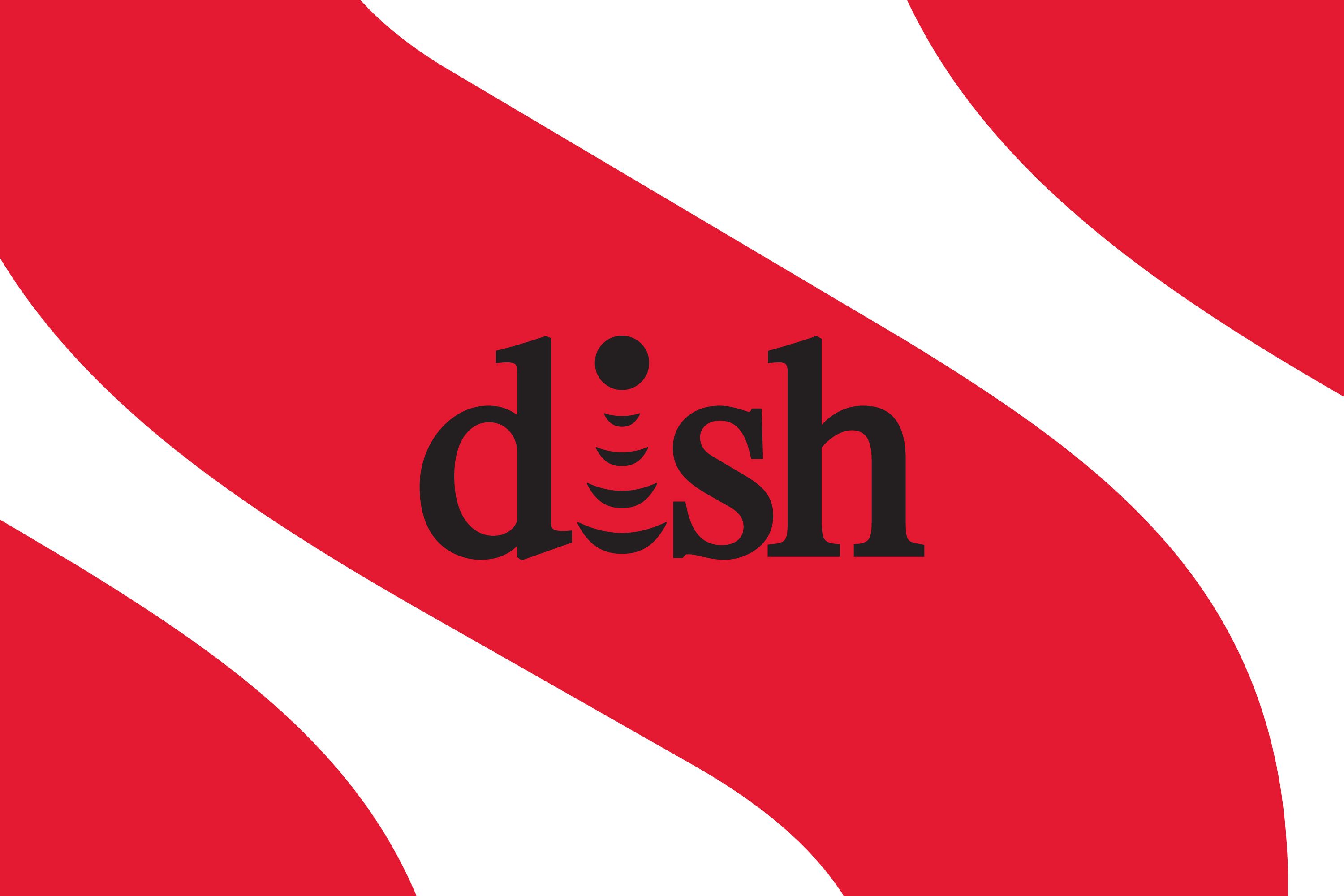The wireless industry's biggest consolidation story just took a dramatic turn. EchoStar is selling its massive 5G spectrum portfolio to AT&T for $23 billion, effectively abandoning Dish's costly quest to become America's fourth major wireless carrier. The deal marks the end of a regulatory experiment that began with the T-Mobile-Sprint merger and cost Dish billions in spectrum investments.
The wireless industry's most expensive regulatory experiment is officially over. EchoStar announced today it's selling a massive chunk of its 5G spectrum licenses to AT&T for $23 billion, putting an end to Dish's costly dream of becoming America's fourth major wireless carrier.
The deal represents a stunning reversal for Dish co-founder Charlie Ergen, who spent years and billions of dollars acquiring spectrum rights in pursuit of building a nationwide 5G network. "This marks the end of the road for the fourth carrier," Roger Entner, founder and lead analyst at Recon Analytics, told reporters following the announcement.
The story began in 2019 when regulators approved T-Mobile's acquisition of Sprint, but only with a crucial condition: another company had to step up as the fourth major carrier to maintain competition. Dish answered that call, paying $1.4 billion to acquire Boost Mobile and other prepaid assets from the merger fallout. According to SEC filings, the company then spent billions more acquiring spectrum licenses at FCC auctions.
But building a wireless network from scratch proved far more challenging than Dish anticipated. The company's Project Genesis 5G network launched in beta in Las Vegas in 2022 and has seen minimal expansion since. Meanwhile, mounting debt forced Dish to rejoin EchoStar, the satellite company it had originally spun off from in 2008.
The pressure intensified this year when SpaceX filed a complaint with the FCC, claiming EchoStar "barely uses" its AWS-4 spectrum band for satellite connectivity. FCC Chairman Brendan Carr subsequently opened an investigation into EchoStar's slow 5G buildout, criticizing the company for losing Boost Mobile customers since the acquisition.
Carr's stance on competition also shifted dramatically. In July, he declared there's no "magic number" of carriers needed for competition, telling reporters during an FCC meeting: "We're always looking at a confluence of different factors to make sure that there's sufficient competition." The comment essentially gave regulatory cover for consolidation.
Under today's agreement, EchoStar will become what's known as a hybrid mobile network operator, maintaining some network infrastructure while primarily relying on others' towers. Boost Mobile will provide service through both AT&T and T-Mobile networks, ensuring the brand's survival even as its independent network ambitions die.



